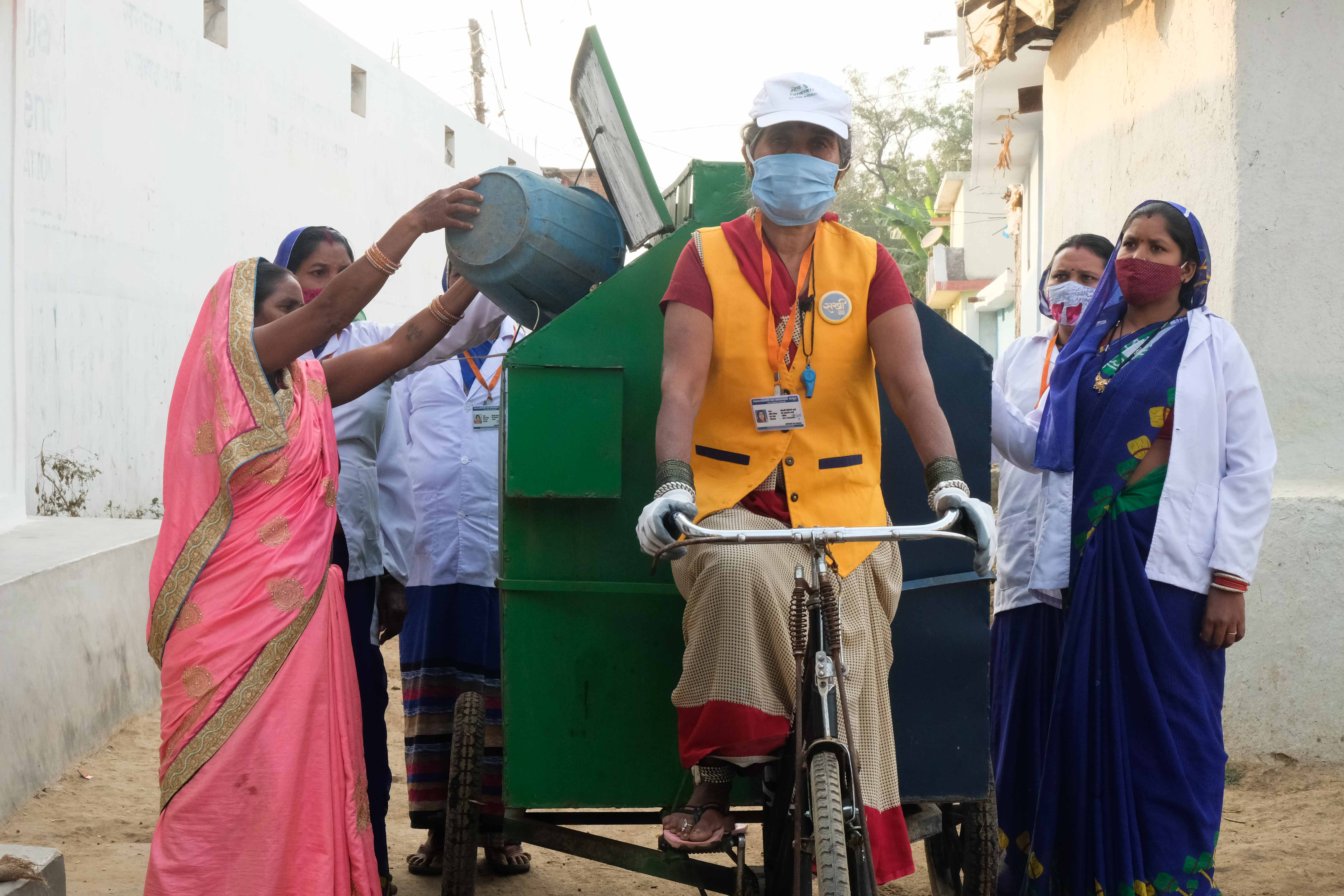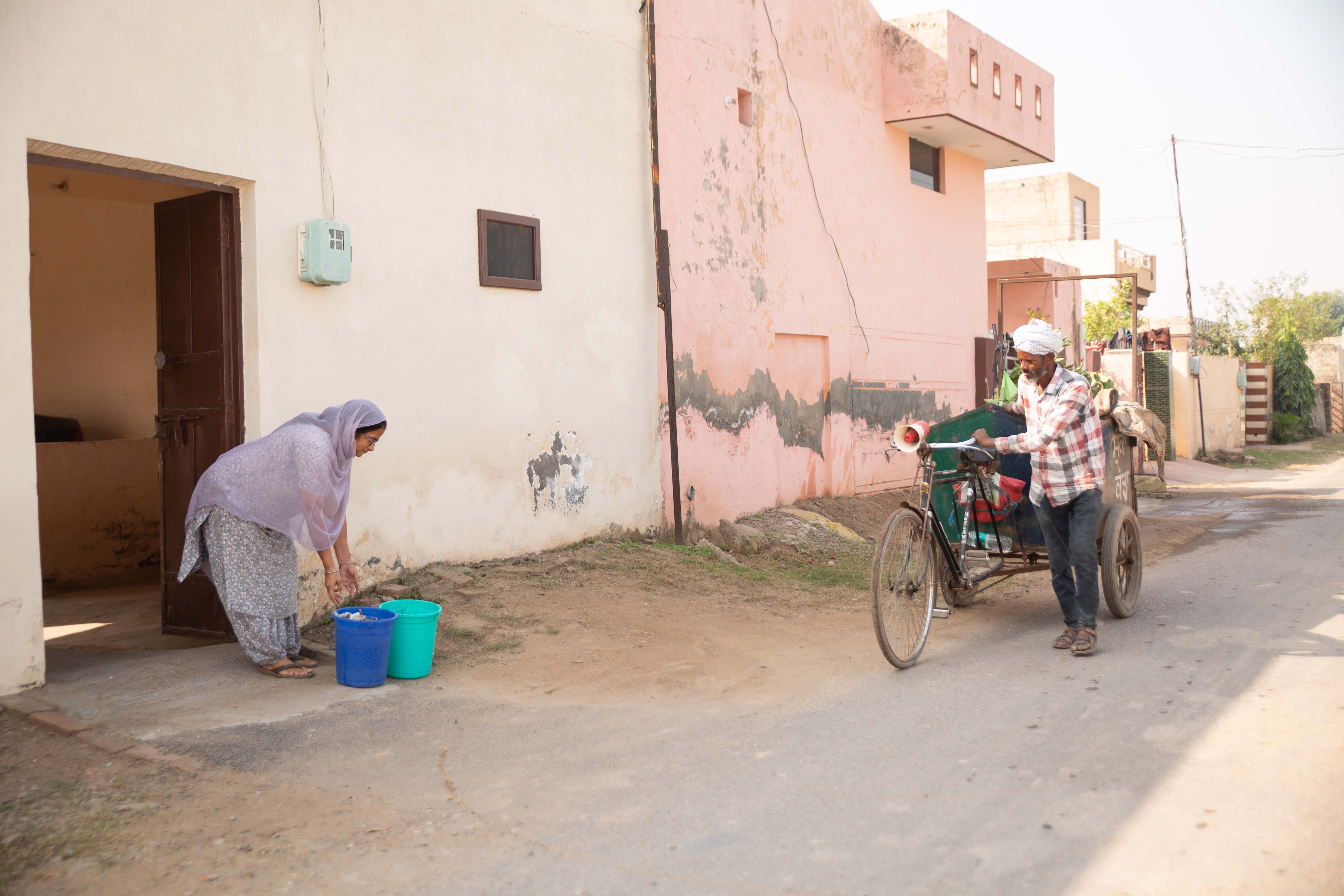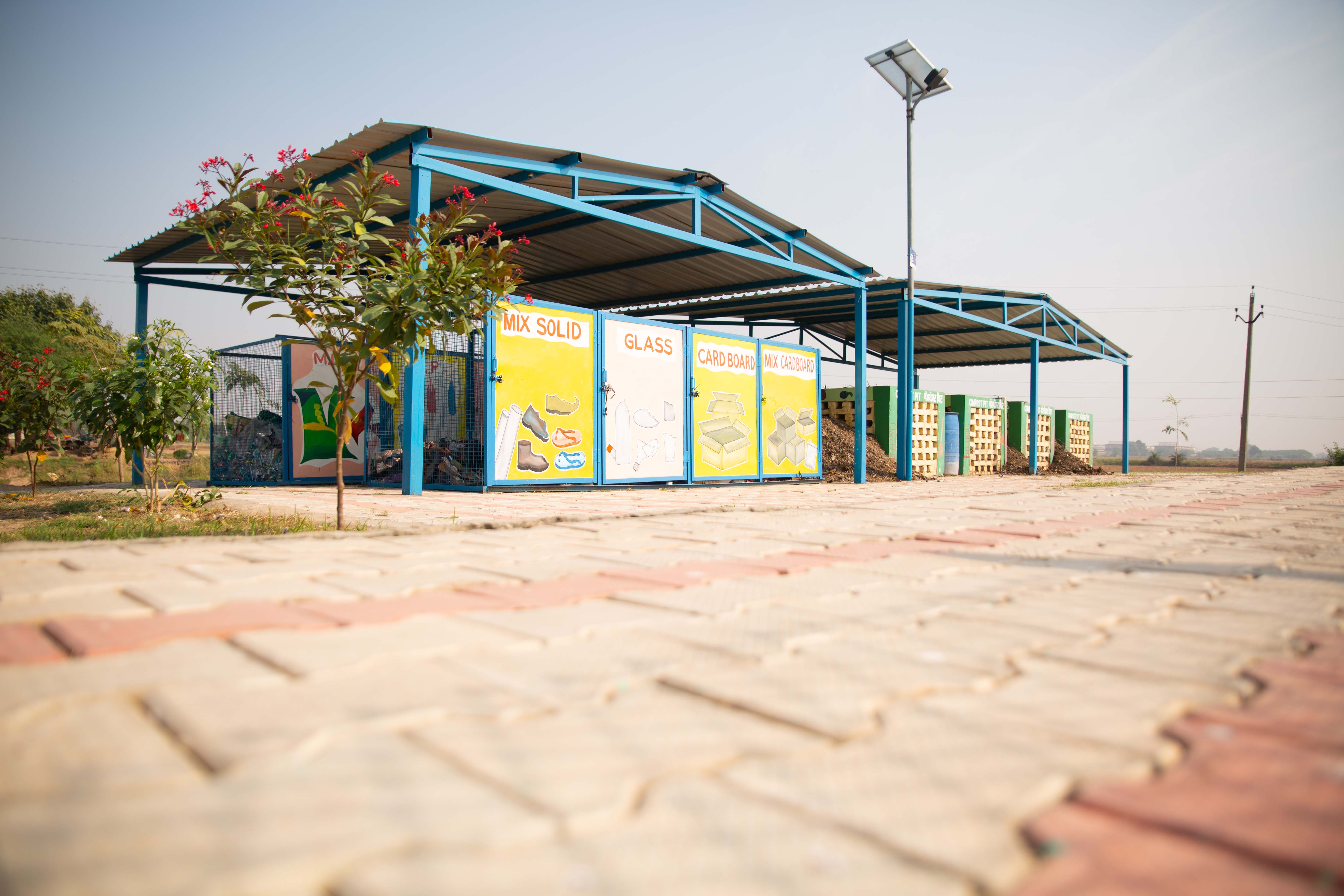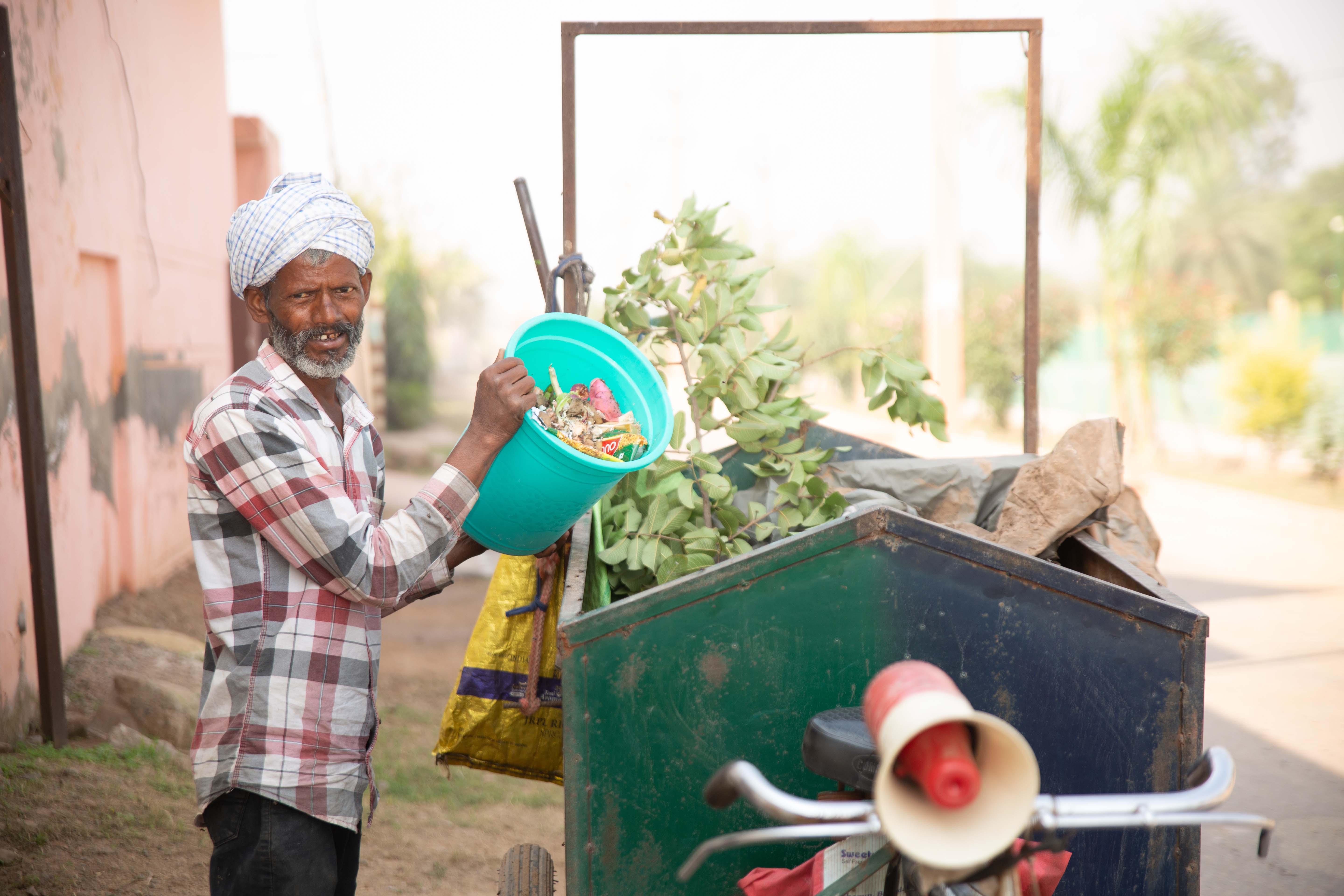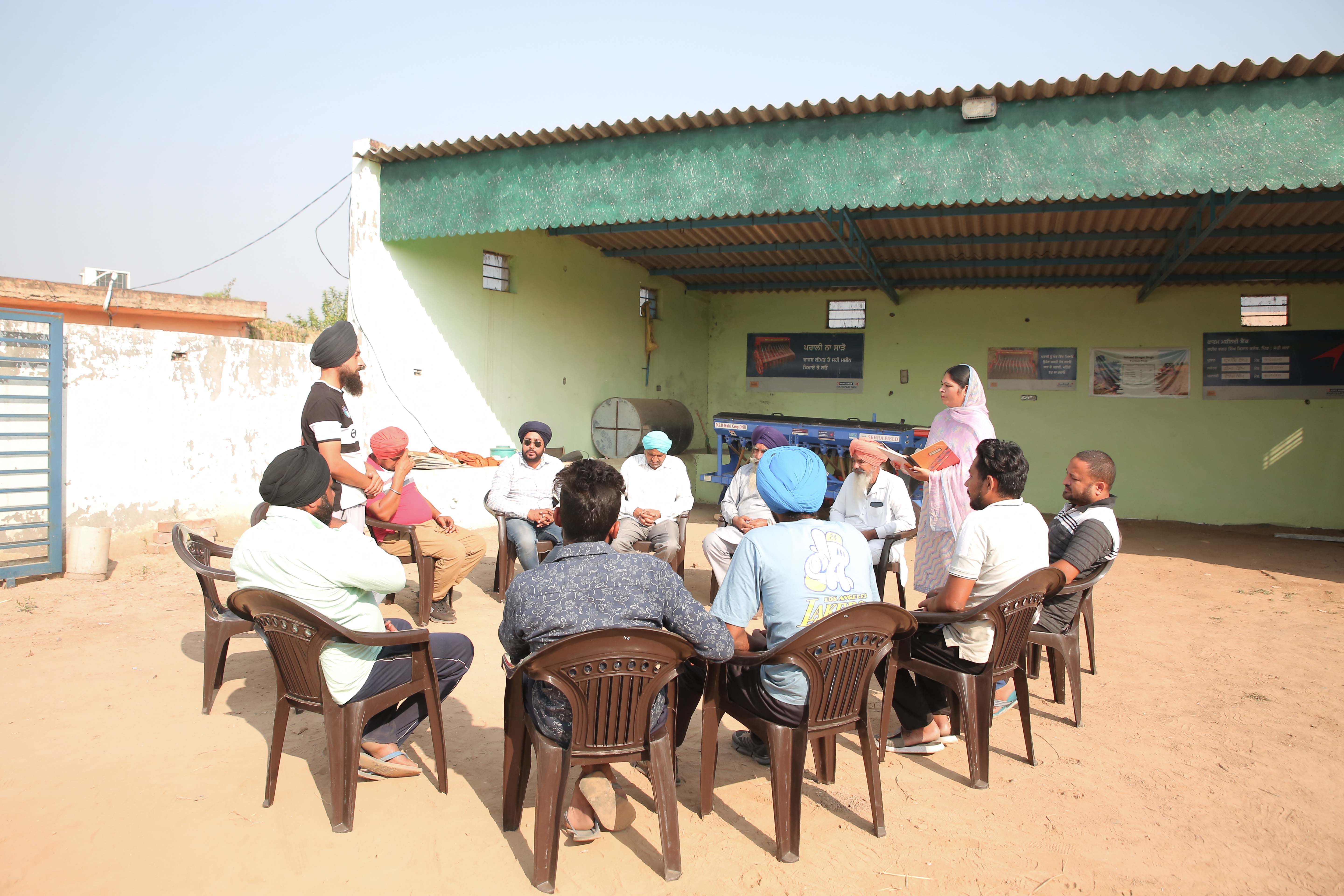This World Environment Day, as the world focuses on ‘Ending Plastic Pollution,’ it's time to shine a spotlight on rural India—where the plastic crisis is growing silently but steadily.
Once defined by low-waste lifestyles and organic living, many villages today are struggling with plastic packaging, single-use disposables, and non-biodegradable waste—without the infrastructure to manage it. Plastic clogs drains, pollutes ponds, harms livestock, and seeps into soil and food systems. In the absence of organized systems, waste is often burned or dumped, adding toxic air and water pollution to the mix.
But hope is on the horizon.
Six Steps to Build Clean, Plastic-Free Villages
Ending plastic pollution in rural India requires sustainable, community-owned solutions that bring together civil society, local governments, CSR arms, and villagers. The path forward lies in decentralized solid waste management systems designed with local ownership and long-term impact in mind.
Here’s what that roadmap looks like:
1. Spark Community Awareness and Action - Real change begins with informed citizens. Building awareness at the grassroots level is critical to shifting behaviours around plastic use and waste disposal. Schools, Self-Help Groups (SHGs), and village leaders can become powerful advocates—educating households about the dangers of plastic pollution and the value of segregation and sustainable alternatives. Street plays, clean-up drives, school competitions, and community meetings can all ignite local interest and ownership.
2. Enable
Door-to-Door Waste Collection - A
dependable collection system is the backbone of effective waste management.
Villages can employ local rickshaw pullers or waste workers to collect
household waste on a daily or weekly basis, charging families a modest monthly
fee to keep the service running. This not only keeps streets and ponds clean,
but also creates dignified livelihoods for local residents—fostering both
social and environmental progress.
3. Build Segregation & Recovery Infrastructure - Establishing village-level waste segregation centres allows for efficient sorting of wet and dry waste. By working collaboratively with the local Panchayat to source land for the facility, and harnessing investment from CSR bodies or civil society, waste segregation facilities can be established to manage and process community waste. These hubs can be staffed by trained women and youth, who manage waste streams responsibly—turning organic waste into compost and preparing recyclables for sale.
6. Empower Local Governance - Panchayats and village-level institutions must be placed at the centre of these initiatives. Their leadership ensures community accountability, drives compliance, and nurtures local pride. When supported with awareness campaigns, regular check-ins, and strong community feedback loops, they can serve as champions of sanitation and sustainability—protecting both people and the planet.
From Dumping Ground to Award-Winning Clean Village: The Mohi Kalan Story
One shining example of rural transformation is Mohi Kalan, Patiala, Punjab, a village that once grappled with indiscriminate dumping and plastic-choked ponds. Today, its streets are spotless, ponds are thriving ecosystems, and the community is proud recipient of three awards for cleanliness.
The turnaround was driven by Sarpanch Ranbir Kaur, who—despite facing resistance—launched a year-long crusade to change household habits. With support from Ambuja Foundation, RoundGlass Foundation, and HDFC Bank Parivartan, a solid waste management system was introduced in 2022. Households began segregating waste, paying a small fee, and contributing wet waste for composting and dry waste for recycling. A dedicated “cleanliness group” took over beautification efforts, and the model is now being replicated in neighbouring villages.
Mohi Kalan proves what’s possible when vision, community will, and the right support systems align.
The Time to Act is Now
Together, these six steps form a practical, scalable roadmap for villages across India to combat plastic pollution and reclaim their environments. But the journey doesn’t end at cleaner streets or segregated bins—it’s about building pride, resilience, and opportunity from the ground up. When communities take the lead and are supported with the right tools, knowledge, and partnerships, waste is no longer a burden—it becomes a resource, a livelihood, and a symbol of transformation.
Rural India has the potential not just to catch up, but to lead the way toward a cleaner, greener future—one village at a time.


